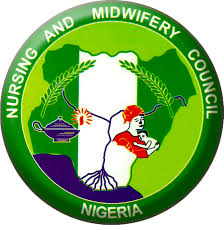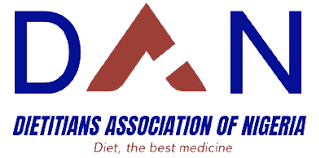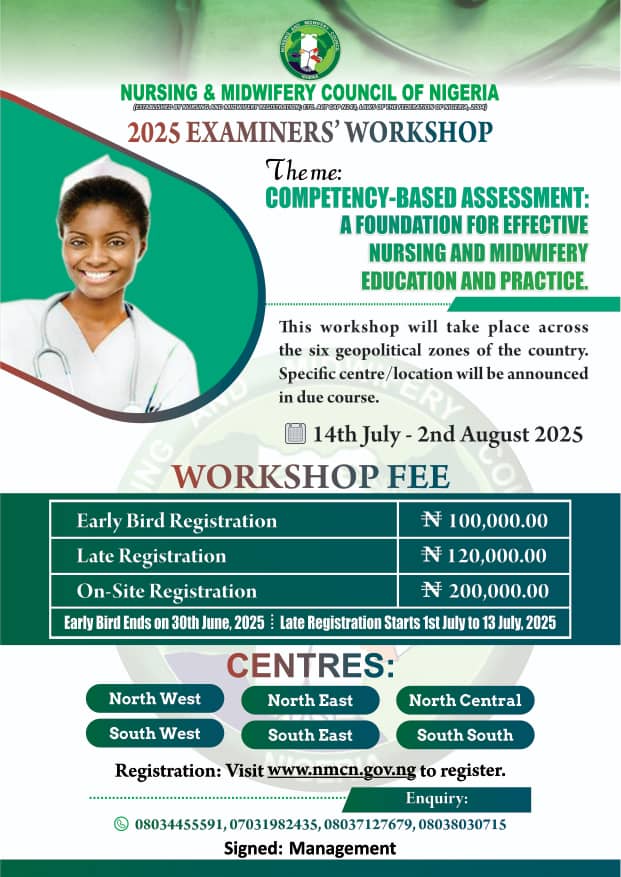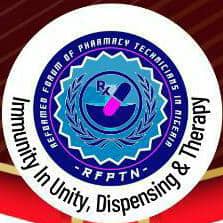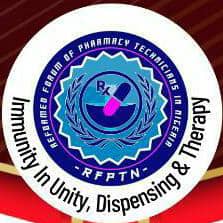COMMUNIQUE ISSUED AT THE END OF THE 42ND (1ST VIRTUAL ANNUAL GENERAL MEETING AND SCIENTIFIC CONFERENCE OF THE ENDOCRINE AND METABOLISM SOCIETY OF NIGERIA (EMSON), HELD FROM THE 22ND TO 24TH SEPTEMBER 2021
PREAMBLE
The 42nd Annual General Meeting and Scientific Conference (AGMSC) of the Endocrine and Metabolism Society of Nigeria (EMSON) Virtual Meeting held from 22nd to 24th September 2021 hosted by the Kano Endocrine Diabetes and Metabolism (EDM) Family. It was the first virtual EMSON AGMSC and was adjudged one of the best meetings ever held by the Society. The theme of the AGMSC was ''Thyroid Disorders in Nigeria: Challenges in Management". The subthemes included 'Diabetes Mellitus Foot Ulcers - Biotherapy and Podiatry services: COVIO-l9 and EOM Disorders; and Common Endocrine Disorders in Children.
The meeting was preceded by a preconference Endocrine postgraduate update course held virtually on the 22ndSeptember 2021. Many postgraduate doctors and specialist consultants from all over the country participated in this update course. Lectures were delivered by eminent endocrinologists from within and outside Nigeria. The preeminent endocrinologist in Nigeria. Prof. AE Ohwovoriole was also in attendance.
The opening ceremony and scientific conference held on the 23rd September 2021. The ceremony took place under the distinguished Chairmanship of Professor A. E Ohwovoriole. The Guest Speaker was Dr Sanjay Kalra. a World-renowned Endocrinologist, who is a Consultant Endocrinologist at Phalli Hospital, Kama) Haryana. India. His lecture was on "Thyroid Disorders in Nigeria: Challenges in Management". In attendance were over 250 registered delegates, comprising Clinical Adult and Paediatric Endocrinologists, Basic Endocrinologists, Basic Scientists, Family Physicians. Chemical Pathologists, Nephrologists, Cardiologists, Nurses. Dieticians, Podiatrists, Local and International partners, Several scientific abstracts, guest lectures, EMSON symposium, and industry-sponsored symposia were presented spanning through the 23rd and 24th September 2021. An Annual General Meeting of the society was also held on the 24th September 2021.
OBSERVATIONS
The Endocrine and Metabolism Society of Nigeria noted with concern the following issues relating to the theme and sub-themes:
1. Thyroid disorders constitute the second most common endocrine disorders in Nigeria after diabetes. The prevalence of thyroid disorders and related complications is currently on the rise in Nigeria. This is made worse by the challenges associated with the diagnosis and management of patients with these disorders.
2. Diabetes foot disease, which is one of the deadliest and highly expensive complications of diabetes mellitus, is a major medical, social and economic burden to the patient and the society. It has been documented that every 30 seconds, a limb is lost to diabetes. Amputation from diabetes is the commonest cause of non-traumatic limb loss. The diabetes-related amputation rates in Nigeria remain unacceptably high. Management of diabetic foot ulcers is multidisciplinary and is aimed at salvaging the limbs of individuals with diabetes. Although podiatry and biotherapy services are emerging in the country, the perennial scarcity of these specialities leaves much to be desired.
3. Despite the collective and intense efforts of governments around the world geared towards the fight against COVID - 19, the pandemic is yet to be fully contained. The endocrine system is particularly prone to damage by SARS-CoV-2 leading to a wide range of endocrine disorders that often go unrecognized, butcontribute significantly to the morbidity and mortality associated with the infection.
4. Delayed diagnosis of pediatric emergencies is common owing to a low index of suspicion and unavailability of relevant tests leading to increased morbidity and mortality. Atypical presentations of diabetic ketoacidosis (DKA) can mimic other more common childhood disorders such as cerebral malaria, bronchopneumonia. bronchial asthma, severe sepsis and acute abdomen.
5. Thyroid disorders are prevalent in Nigeria and newborns of affected mothers may the at risk of mental impairment from delayed diagnosis and treatment.
6. Diabetes care is not adequately financed in the country and this has contributed tremendously to the burden of diabetes complications in Nigeria.
7. Majority of diabetes care financing (medical and surgical) has been largely out-of-pocket expenses by affected individuals and their families which is not in consonance with the national health policy.
8. Diabetes education of the populace through public enlightenment is required at every level of society to prevent the development of diabetes and its complications.
9. There is no current population-based national prevalence figure for diabetes in the last 20 years to aid national health planning, policies and financing. The last true national prevalence of diabetes was given in 1992 as 2.24%, Prevalence estimates given by the International Diabetes Federation for Nigeria over the years have relied mainly on data extrapolated from other countries with similar socio-demographic characteristics to Nigeria. At the moment, an estimated 6% prevalence is reported from a recent study.
10. Diabetes research is currently inadequately funded in Nigeria.
11. There is inadequate public enlightenment and support for diabetes prevention and care at all levels. There is a serious dearth of skilled diabetes personnel across the country.
RESOLUTIONS
Rising from its 42nd Annual General Meeting and Scientific Conference (AGMSC) the Endocrine and Metabolism Society of Nigeria (EMSON) (herein after referred to as The Society) resolved as follows:
1. The Society shall continue evidence-based advocacy as a leading stakeholder in shaping the landscape for endocrine disorders such as thyroid diseases, diabetes, obesity, reproductive problems, etc in Nigeria through education and research
2. There is a need to enhance the establishment of regional centres of excellence in radio-iodine therapy across Nigeria. The sustainability of this very important aspect of thyroid health must be vigorously pursued through an appropriate collaboration of government with EMSON.
3. The Society calls for increased governmental and private funding for diabetes care, research and training. There is a need for greater collaboration between the health sector and all other stakeholders to achieve this. EMSON is property positioned as a valuable partner in this regard.
4. A high index of suspicion should be maintained by all childhood health care providers for endocrine emergencies. Routine blood glucose monitoring should be made mandatory in all ill children visiting any health facility (hospitals and /or clinics).
5. Screening of pregnant women during antenatal clinic visits for thyroid disorders is advocated. and nationwide newborn screening should be instituted.
6. The Society calls for a new national health survey for non-communicable diseases especially diabetes and hypertension to drive national planning and health care policies and financing.
7. The Society calls on the government as welt as the private sectors to provide infrastructures, which will enhance physical activities and discourage sedentary lifestyles as this will help to reduce obesity and prevent the development of diabetes among Nigerians.
8. The Society advocates for the inclusion of comprehensive diabetes care into the National Health Insurance scheme.
9. The Society strongly recommends the incorporation of diabetes education and screening at all levels of health care (primary, secondary and tertiary).
10. EMSON strongly calls on the government to remove all forms of tariff on diabetes medications and products as well as introduce subsidies on these life-saving items to reduce the suffering of the many Nigerians living with diabetes. It strongly supports the introduction of a tax on sugar-sweetened drinks and beverages in Nigeria with the proceeds of this sugar tax appropriately channeled towards the care and support of diabetes treatment and prevention.
11 The establishment of a Nigerian National Diabetes Healthcare Plan which will be all-encompassing to address research, training, education, care and prevention of diabetes is highly recommended.
APPRECIATION
The Endocrine and Metabolism Society of Nigeria thanks the guest speaker. Or Sanjay Kalra. Our special appreciation to the local organizing committee of the 42nd (1st Virtual) AGMSC ably led by Professor Andrew Uloko and Professor Ibrahim Gezawa, and the National Executive Council of the Endocrine and Metabolism Society of Nigeria (EMSON).
Long Live the Endocrine and Metabolism Society of Nigeria (EMSON).
Long Live the Federal Republic of Nigeria.
Signed:
Prof. Olufemi A. Fasanmade
President, EMSON
Prof. Andrew E. Uloko
Secretary-General, EMSON
